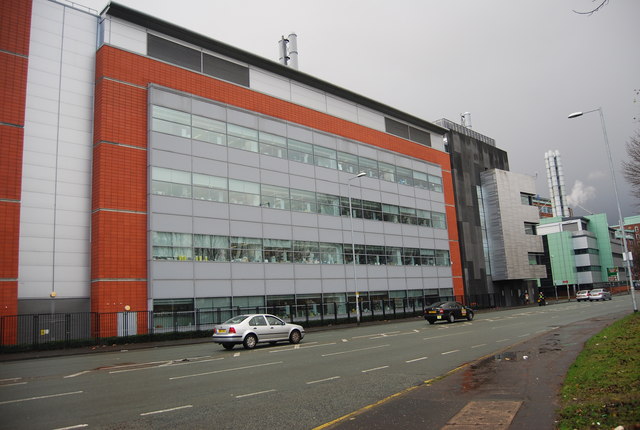With the Russell Group boasting opportunities worth £9bn, how can contractors ensure they win a share?
Spending on buildings and facilities by Russell Group universities will generate billions for the economy and thousands of new jobs across the country in years to come.
Economic research, carried out by BiGGAR Economics, has looked at planned spending by the 24 Russell Group Universities over the next four years. It finds that Russell Group universities will spend more than £9 billion on capital projects between 2012/13 to 2016/17. This is similar to the amount spent on the Olympics or the Government’s current railway investment programme.
The money comes from a range of sources including government grants for capital, income from research and teaching, private donations and borrowing.
Researchers looked at the long term gross value added this investment would produce and calculated that:
• Capital investment by Russell Group universities is expected to generate gross value added (GVA) with a current value of £44.3 billion for the UK economy over the next 25 years.
• This work will support more than 98,500 new UK jobs – including around 37,800 temporary jobs during the five-year construction period, 45,000 permanent operational jobs and almost 15,700 permanent jobs supported by the wider impact of the work undertaken in the new facilities.
• This investment should generate £4.89 for the UK economy for every £1 invested.
The investment ranges from new student accommodation, medical research facilities and science labs to new office space and facilities to help start-up businesses and universities work better together.
Dr Wendy Piatt, Director General of the Russell Group, said:
“Russell Group universities are engines of growth for the British economy. Not only do they lead the way in teaching and research – but they’re also a driving force behind the creation of new jobs, new opportunities for start-up companies and urban renewal in our cities.
Opportunities must be sought
• Investment impacts include jobs created in the construction industry and the archaeological profession
The researchers also looked at the impact of this investment in different regions of the country – calculating the number of jobs generated and the total return on the investment in each region. Their research shows that the biggest impact could be in the North of England – but all regions will see large benefits.
Actively seek out what is happening in this growth construction industry.

